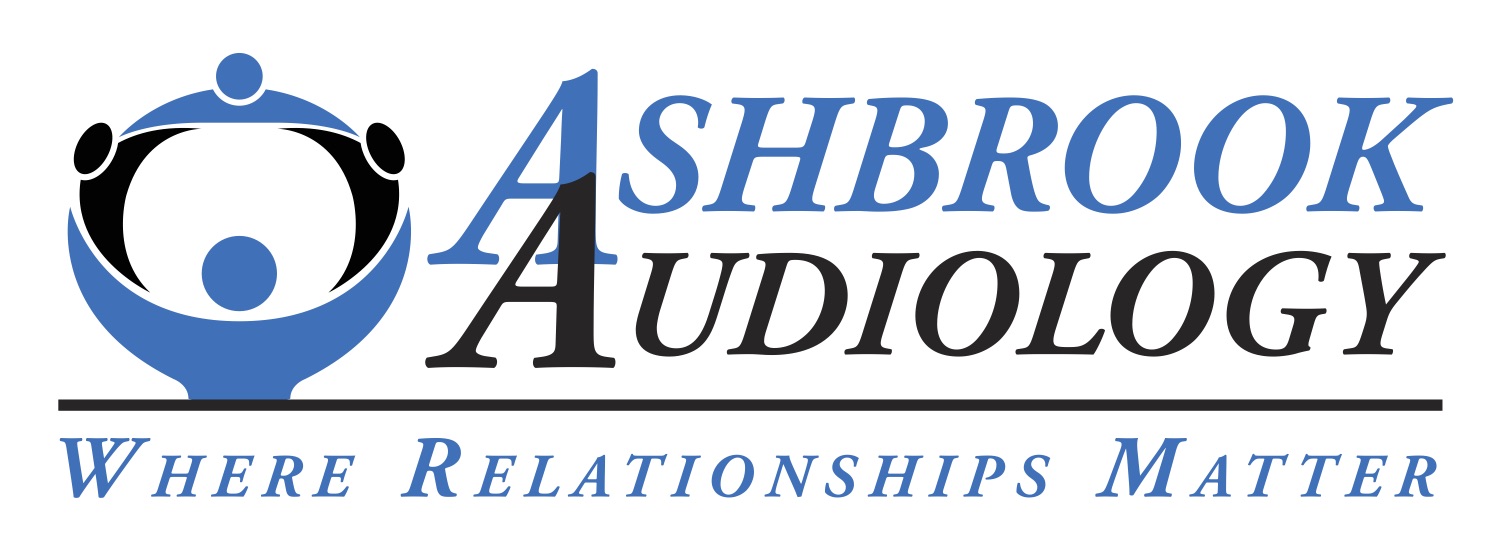How to Stay Positive After a Hearing Loss Diagnosis
Learning that you have hearing loss can bring many emotions, from

By: admin | March 21, 2025
When we think about music and hearing, we often picture warnings about volume levels and the potential for damage. Many of us have been cautioned about listening to music too loudly through headphones or attending concerts without ear protection. But music has another, more beneficial relationship with our hearing that’s less commonly discussed. In the hands of trained professionals, music can actually be used as a therapeutic tool to improve various aspects of hearing health.
Music therapy represents an interesting shift in how we approach hearing care. Rather than something to be careful with, music becomes a pathway to better hearing function when applied correctly. The structured sounds, rhythms and patterns in music can help our brains process auditory information more effectively. For you or someone you know with hearing challenges, this means that the same beautiful melodies that bring joy might also serve as a form of exercise for your hearing system, helping to strengthen the connections between your ears and brain.
Music therapy is a structured, evidence-based approach that uses music to support emotional, cognitive and physical well-being. One of the primary uses of music therapy is in mental health care. It has been shown to help reduce anxiety, depression and stress by promoting relaxation and emotional expression. Patients with conditions such as PTSD, mood disorders or chronic stress often benefit from music therapy as a way to process emotions and develop coping strategies. The structured yet creative nature of music therapy allows individuals to explore feelings in a non-verbal and often more comfortable way than traditional talk therapy.
Music therapy is also widely used in neurological rehabilitation. It can aid individuals recovering from strokes, brain injuries or neurodegenerative diseases like Parkinson’s or Alzheimer’s. Since music engages memory, motor skills and language centers in the brain, it can help patients regain lost abilities or improve coordination and speech. In some cases, rhythmic cues from music have been shown to help individuals with movement disorders walk more steadily or complete everyday tasks more easily.
Beyond mental health and neurological conditions, music therapy plays a role in pain management and palliative care. Listening to or creating music has been found to lower pain perception, reduce the need for medication and improve overall quality of life for individuals dealing with chronic pain or serious illnesses. In hospice and end-of-life care, music therapy is often used to bring comfort, ease distress and create meaningful connections between patients and loved ones.
Music therapy is increasingly recognized for its benefits in hearing health, particularly in helping individuals with hearing aids, cochlear implants or auditory processing challenges. Because music involves a complex mix of tones, rhythms and dynamics, it can be a valuable tool for strengthening auditory processing skills and improving the brain’s ability to interpret sound.
One key area where music therapy supports hearing health is in auditory training. For individuals who use hearing devices, adjusting to amplified sound can take time. Music therapy exercises, like identifying different pitches or following rhythmic patterns, can help the brain adapt to new auditory input more efficiently. This can improve speech comprehension, especially in noisy environments where distinguishing voices from background noise is often challenging.
Music therapy is also used to address tinnitus, a persistent ringing or buzzing in the ears that affects many people. Listening to carefully selected music or engaging in active music-making can help mask tinnitus sounds and reduce the stress and anxiety associated with the condition. Certain types of music therapy programs incorporate tailored soundscapes or low-frequency tones designed to retrain the brain’s response to tinnitus, making the symptoms less intrusive over time.
For children and adults with auditory processing disorders, music therapy can enhance listening skills and sound discrimination. Activities like singing, drumming or clapping to different rhythms encourage focused listening and improve the brain’s ability to process and make sense of sound. These techniques can be particularly useful for individuals who struggle to follow conversations, especially in complex auditory environments.
By engaging the brain’s natural ability to adapt and process sound, music therapy can be a valuable complement to traditional hearing rehabilitation. It offers a structured yet enjoyable way to strengthen auditory skills, making everyday listening experiences clearer and more comfortable.
The benefits of music therapy go beyond improving your ability to distinguish speech from noise. It can also help boost auditory skills, a vital part of managing hearing loss. Music therapy aids in fine-tuning your pitch perception and rhythmic understanding, which are key aspects of auditory skills.
Music therapy can strengthen your auditory memory, which is the ability to recall what you hear. This is because music often involves repeating patterns and melodies, which help reinforce your memory recall. So, listening to songs and tunes can be more than just a fun activity – it’s a way to give your auditory memory a helpful boost!
It’s worth mentioning the use of assistive listening devices (ALDs). These devices improve sound quality and minimize background noise, making it easier for you to enjoy music while enhancing your hearing abilities. When combined with regular music therapy sessions, ALDs could significantly improve your quality of life while managing hearing loss.
Studies suggest that music, especially when used therapeutically, can stimulate our brains in unique ways. This stimulation seems to enhance auditory processing abilities, which are crucial for understanding speech and interpreting different sounds. By regularly engaging with music, you’re essentially giving your brain a beneficial workout!
Additionally, research indicates that musical engagement can lead to improved speech recognition, especially in noisy environments. The intricate structures of melodies and rhythms train our brains to better separate important sounds (like conversation) from less crucial background noise.
The benefits of music therapy extend beyond auditory improvements to include cognitive enhancements. Research shows that engaging with music can stimulate brain activity and enhance cognitive functions like attention, memory and problem-solving skills. This mental stimulation is particularly beneficial for individuals managing hearing loss, as these cognitive abilities often work hand-in-hand with auditory skills.
For instance, focusing on a piece of music can help improve your attention and concentration, enabling you to better understand speech in noisy environments. Similarly, remembering melodies or lyrics from songs can boost your auditory memory – a vital skill when it comes to recognizing familiar sounds or recalling conversations.
So next time you listen to your favorite tune or play an instrument, remember – you’re not just enjoying the music; you’re also giving your brain a good workout! This cognitive exercise coupled with the auditory benefits makes music therapy a potent tool in managing hearing health effectively.
As we continue discussing music’s role in hearing health, it’s important to highlight one key component: rhythm. Rhythm, the pattern of regular or irregular beats in music, plays a significant role in strengthening auditory processing. It’s like the heartbeat of a song, giving it structure and pace. But how does this musical element contribute to improved hearing?
Rhythm helps our brains process sounds more efficiently. When you listen to rhythmic patterns in music, your brain works hard to predict and follow these patterns. This cognitive exercise can improve your brain’s ability to process other sounds as well, including speech.
Engaging with rhythm can also help improve temporal processing – that is, your ability to perceive and interpret changes over time. This skill is vital for understanding speech rhythms and intonation patterns, which are crucial for effective communication.
So next time you’re tapping your foot or swaying along with a catchy tune, remember that you’re not just enjoying the beat – you’re also enhancing your auditory processing skills! Rhythm isn’t just an essential part of music; it’s also a powerful tool for improving hearing health.
Integrating music therapy into your daily routine doesn’t have to be a complex task. With a bit of planning and creativity, you can easily make room for this beneficial practice in your everyday schedule. For instance, consider setting aside some time each day to listen to music that you enjoy. This could be during your morning commute, while preparing meals or even as a relaxing wind-down activity before bed.
Additionally, if you play an instrument, try scheduling regular practice sessions. Not only will this help improve your musical skills but it also provides the auditory stimulation needed for enhancing hearing health. Remember that consistency is key here – even a few minutes of focused listening or playing every day can lead to noticeable improvements over time.
It’s also worth noting that music therapy isn’t limited to solo activities. Joining a local choir or band offers social interaction along with the therapeutic benefits of engaging with music regularly. Alternatively, attending live concerts or music festivals can be another fun way to incorporate more music into your life.
Just as music can be a source of enjoyment, it can also play a meaningful role in supporting hearing health. When used therapeutically, it goes beyond entertainment, becoming a tool that helps train the brain to process sound more efficiently. Whether through structured listening exercises, rhythmic training or sound-based relaxation techniques, music therapy offers a unique way to reinforce auditory skills and improve overall hearing experiences.
By shifting our perspective on music’s role in hearing care, we open the door to new possibilities for managing hearing challenges. Instead of focusing solely on its risks, we can also recognize its potential benefits. With the right approach, music can be more than something we listen to – it can be an active part of strengthening the way we hear.
Whether you’re already on a hearing health journey or are just starting to notice some changes in your listening capabilities, our team at Ashbrook Audiology is ready to help. If you’re in Virginia, contact our Danville office at (434) 792-2182 or Martinsville at (276) 666-0401.

Learning that you have hearing loss can bring many emotions, from
By: admin | November 18, 2025

When someone you care about begins to experience hearing loss, it is not
By: admin | September 24, 2025

Travel opens up new experiences and adventures, but it can also bring
By: admin | April 24, 2025
